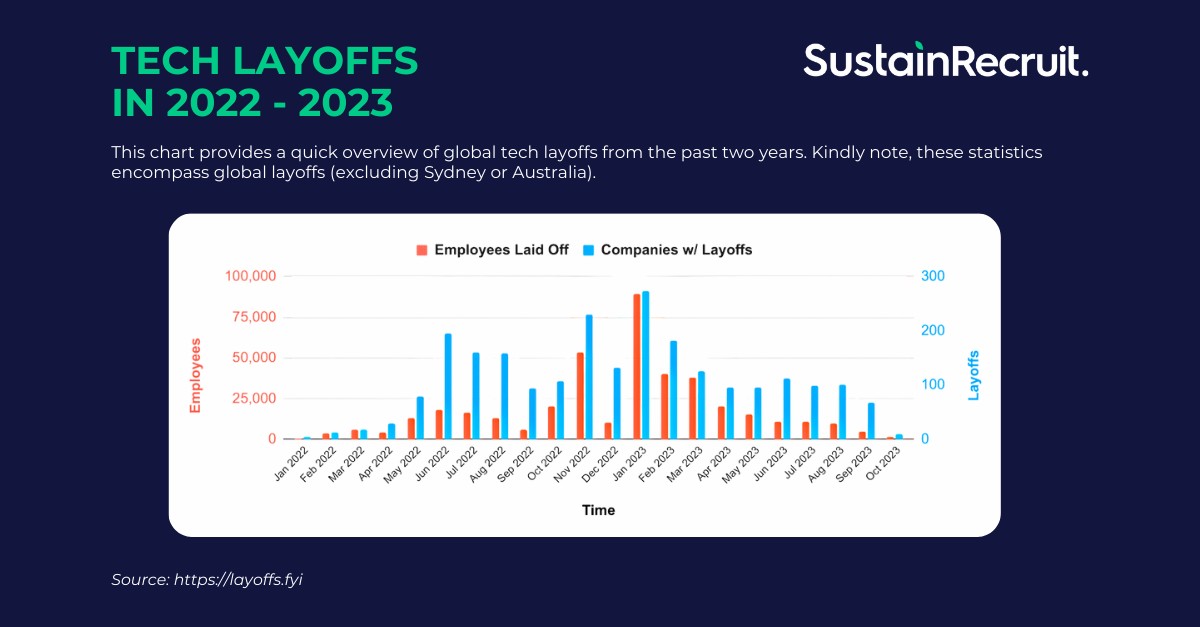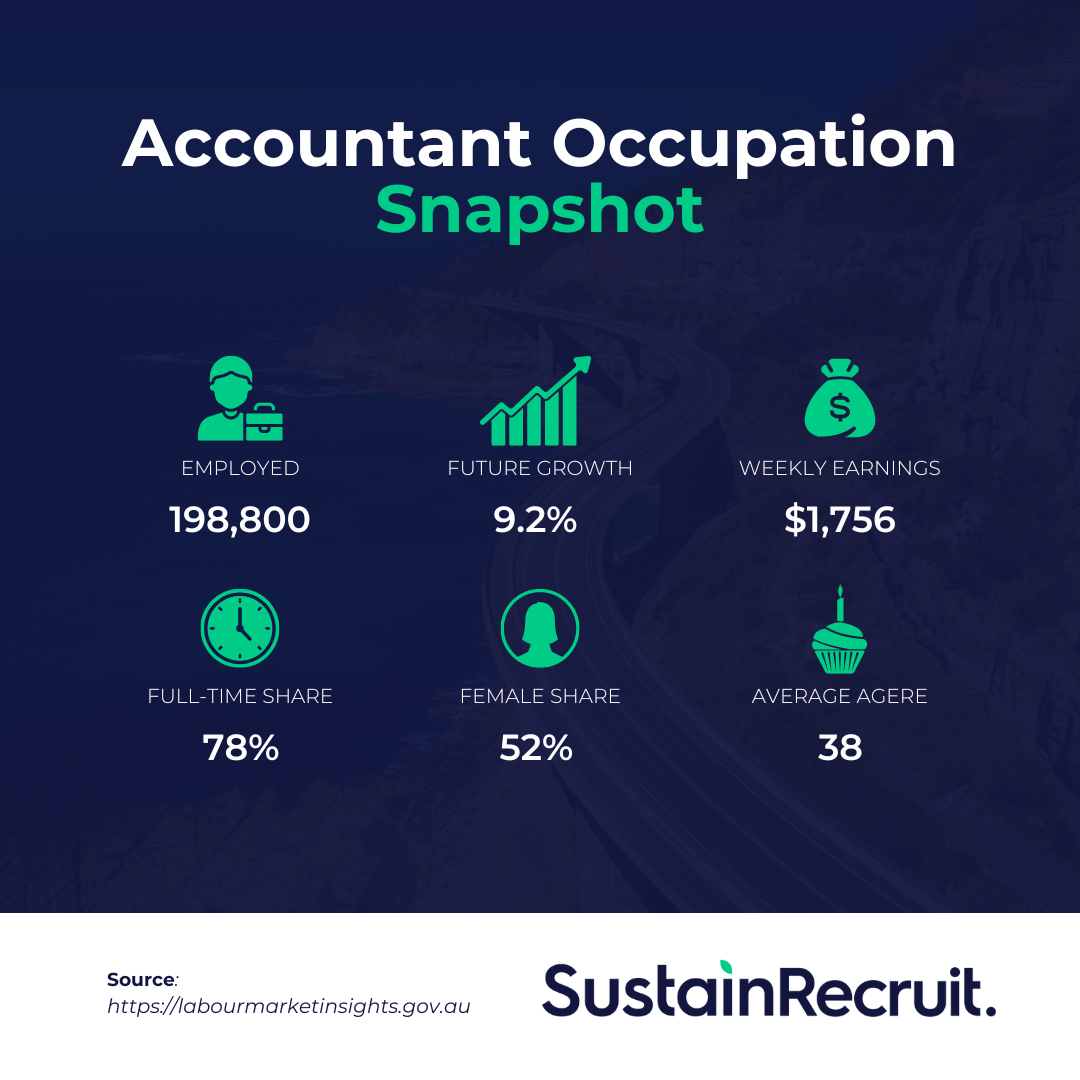Hiring skilled marketing professionals in 2025 in Australia has become more challenging than ever. With rapid technological advancements, evolving job expectations, and a competitive talent market, businesses are struggling to attract and retain the right marketing talent.
For companies looking to build a high-performing marketing team, understanding these challenges is the first step to overcoming them. Let’s explore the key obstacles and how businesses can navigate them successfully.
1. Shortage of Skilled Marketing Talent
One of the biggest hiring challenges in the Australian marketing industry is the shortage of qualified candidates. Businesses are competing for professionals with expertise in:
- Digital marketing & SEO
- AI-driven marketing automation
- Data analytics & insights
- Customer experience (CX) strategies
With the demand for these skills outpacing supply, companies need to adopt proactive hiring strategies. This includes offering competitive salaries, flexible work arrangements, and training programs to upskill existing employees.
2. High Competition for Top Talent
Marketing professionals, especially those with digital expertise, have more job opportunities than ever. The rise of remote work has also increased competition, as Australian marketers can now work for companies globally.
How to Stand Out as an Employer
- Strengthen your employer brand – Showcase your company culture and career growth opportunities.
- Offer flexibility – Many marketers prefer hybrid or fully remote roles.
- Provide professional development – Investing in employee training makes your company more attractive to candidates.
Employers who focus on these factors will have a better chance of attracting top talent.
3. Changing Employee Expectations
Today’s marketers are looking for more than just a paycheque. They prioritise:
- Work-life balance
- Diversity and inclusion
- Company culture and values
- Opportunities for growth and development
Businesses that fail to align with these expectations may struggle to hire and retain talent. To remain competitive, companies must focus on creating a positive and engaging work environment.
4. Rapid Advancements in Marketing Technology
The marketing industry is evolving at lightning speed. New tools and platforms, such as AI-powered content creation and predictive analytics, are reshaping marketing strategies. However, many marketers lack the necessary technical skills to keep up.
How Companies Can Bridge the Skills Gap
- Invest in employee training – Provide ongoing learning opportunities.
- Hire for potential, not just experience – Look for candidates who are willing to learn.
- Encourage collaboration – Pair tech-savvy employees with those who need upskilling.
By focusing on continuous learning, businesses can ensure their marketing teams stay ahead of the curve.
5. Salary Expectations and Wage Pressures
With increasing demand for marketing professionals, salaries are rising. The average salary for mid-level marketers in Australia has increased by 15% in the past two years.
This creates challenges for businesses, especially small and medium-sized enterprises (SMEs), who may struggle to offer competitive pay.
Solutions for Managing Salary Expectations
- Offer non-monetary benefits – Flexible work, career growth, and training opportunities can be just as appealing as a higher salary.
- Use performance-based incentives – Bonuses and commission structures can attract results-driven marketers.
- Highlight company culture – Many professionals prioritise work environment and career growth over salary alone.
A well-rounded benefits package can help companies attract great talent without solely relying on high salaries.
6. Difficulty in Finding the Right Cultural Fit
A candidate’s skills may match the job description, but if they don’t align with the company’s values and work culture, it can lead to dissatisfaction and high turnover.
How to Ensure Cultural Fit in Hiring
- Clearly define company values – Communicate your mission and work environment.
- Use behavioural interview techniques – Ask candidates about their work style and problem-solving approach.
- Trial projects or probation periods – This allows both employer and employee to assess fit before a long-term commitment.
Focusing on cultural alignment will result in happier employees and lower turnover rates.
7. Data Privacy and Compliance Challenges
With stricter data privacy laws in Australia, companies need marketing professionals who understand:
- Consumer Data Right (CDR)
- Privacy Act amendments
- Ethical data collection and usage
However, many marketers lack the necessary legal and compliance knowledge, making recruitment in this area difficult.
How to Overcome This Challenge
- Train existing staff on compliance requirements
- Hire legal or compliance experts to support the marketing team
- Use ethical marketing practices to build consumer trust
Businesses that prioritise responsible data use will maintain credibility and avoid regulatory issues.
Hiring in the Australian marketing industry is more challenging than ever due to talent shortages, rising salaries, and evolving job expectations. However, businesses that adapt to these changes by offering flexibility, investing in training, and strengthening their employer brand will have a competitive advantage.
By understanding these challenges and implementing strategic hiring practices, companies can build high-performing marketing teams that drive long-term success.
If you're looking for expert guidance on hiring top marketing talent in Australia, Alex Cytowska is here to help. Contact Alex at alex@sustainrecruit.com to discuss your hiring needs and find the right marketing professionals for your business.











